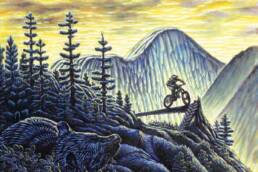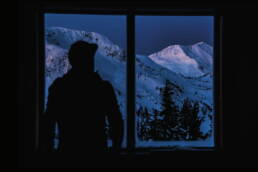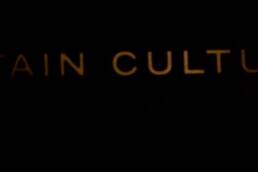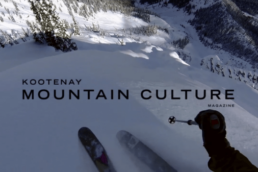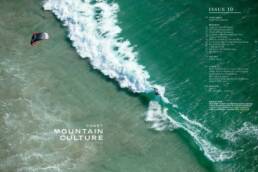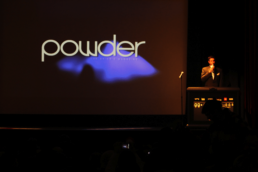Most people know the Big Bang created our universe. Unless one believes humankind to be the work of Zeus, Buddha, a Jewish carpenter’s dad, Constantine’s pagan sun god, or Mohammed, you probably put your faith in science.And if you subscribe to science you know there is truth in the Big Bang — the tremendously awesome explosion that created the universe 13.8 billion years ago. Here’s the thing though — you may be wrong. Indeed, science often is.
[one_half]
Working off Einstein’s famous theory of relativity and 1950s-era research from both theoretical physicist David Bohm and physicist Amal Kumar Raychaudhuri, two modern-day scientists may have recently disproved the Big Bang. As with most complex scientific data, the details of this study wrinkled my brain. The hypothesis, however, did seem clear: the giant explosion that started it all may not have happened at all.
Shortly after the paper was published in February 2015, the media did what media often does — they blew it out of proportion with the magnitude of a cosmic explosion. Headlines declared the “Big Bang is Dead,” internet commenters continued their eternal-but-banal god-versus-science debates, and the study enjoyed a brief 15 minutes of fame before pop culture and curated war coverage gained our attention again.[/one_half]
[one_half_last]
While this shallow reportage occurred, the scientific community did what they have done for millennia — they quietly sharpened their pencils, dug into the archives and double-checked their research. After all, maybe these new dudes had a point? No one could be certain they were correct until it had been peer-reviewed and proven. This is science, after all. It takes a long time to get right. In fact, it takes forever.
Contrary to those who continue to spread the falsity that “science is the new religion,” I maintain that science is not a belief. It is a process. It is a method in which we strip away what is empirically wrong in the search for what is undeniably right. But here’s the rub. As we evolve both in culture and academia, new evidence is unearthed.[/one_half_last]
What we know as truth changes shape. The truth never changes; only what we perceive as truth. We build on the milestones, and also on the mistakes. We evolve. Most of us, anyway. Science is, in practice, an unending act of humility in the pursuit of truth. It means saying you’re wrong without having to say you’re sorry. It means your peers do not tear you down but, rather, thank you — even when you’ve been incorrect. Imagine if we all lived this way. Being wrong has never been so beautiful.
— Mike Berard, editor
Simon de la Salle
Simon is Mountain Culture Group's webmaster. If he's not elbow-deep in code he's usually wrangling a trout somewhere in the waters near Nelson, British Columbia.
Related Stories
KMC Editor’s Intro: Science is Art is Science
In his editor’s introduction of the March 2015 issue of Canada’s The Walrus magazine, John MacFarlane bids readers…
CMC #17 Editor’s Intro: Here’s How To Take Back The Future
From the latest Coast Mountain Culture issue, which delves into all things futuristic, we present the editor's intro…
KMC / CMC Video Commercial
Kootenay Mountain Culture just went to the printer! The Party Issue looks amazing, with tons of incredible stories and…
New KMC and CMC Cover Tease
These are the magazines you will be looking for! They will start to see the light of beautiful day May 16th. Our…
KMC Editor Hosts Powder Video Awards
It was a real honour to be asked to host the 11th Annual Powder Magazine Video Awards in Aspen Colorado. As the world's…



